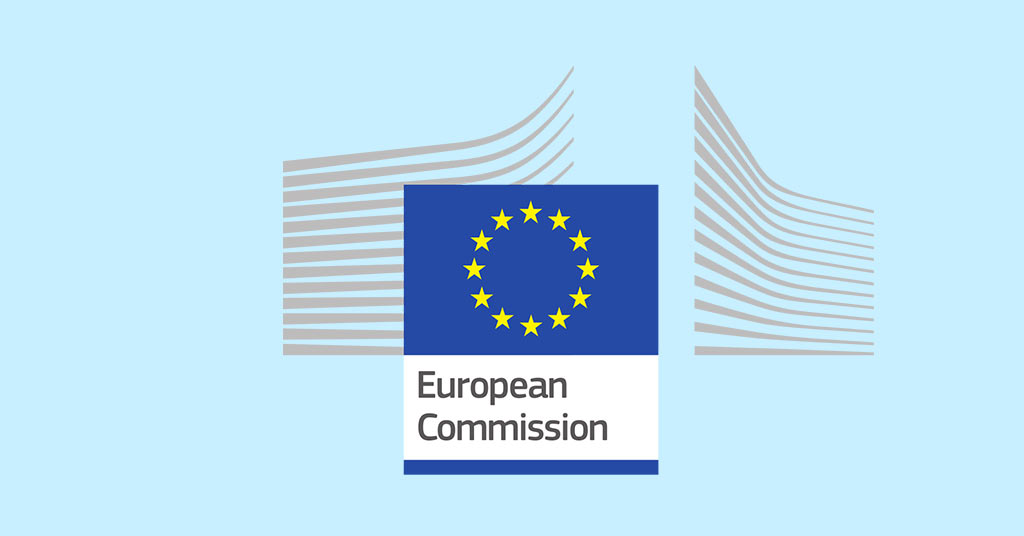Welcome To ChemAnalyst

The European Union's anti-dumping investigation into the import of suspension Polyvinyl Chloride (PVC) from the United States and Egypt has the potential to reshape trade dynamics, with ramifications that could extend to Turkey. The initiation of this investigation follows a complaint filed by the European PVC Committee, asserting a significant surge in low-priced imports to the EU, causing adverse effects on European producers and exerting substantial pressure on prices within the region.
The complaint, alleging a substantial increase in the volume of imports at low prices, has sparked discussions on the justification of these claims. Some producers argue that a comparison of domestic prices in the United States and Egypt with export prices to the European Union provides sufficient grounds for the anti-dumping investigation. The prevailing sentiment among these producers is not whether an anti-dumping duty (ADD) will be imposed but rather the extent of its magnitude.
Contrarily, surprise has been expressed by certain buyers and another European manufacturer regarding the initiation of an investigation into Egyptian PVC supplies. Their surprise stems from the relatively modest volumes of imports from Egypt when compared to those from the United States.
Beyond considerations of volume, certain buyers contest the fairness of anti-dumping charges, citing the argument that price differentials are a result of distinct cost structures between regions. Notably, the U.S. is highlighted as being particularly well-positioned in terms of energy and raw material prices. Advocates for addressing cost disparities in the EU contend that this should take precedence over imposing anti-dumping duties.
Turkey, observing developments closely, anticipates an indirect impact from the EU's anti-dumping case against PVC imports from the United States and Egypt. There is an expectation that, in response to the investigation, larger volumes from the U.S. and Egypt may be redirected to Turkey rather than to Europe. This potential shift could result in Europe sending reduced volumes of material to Turkey, contingent on the dynamics of demand within the region.
The EU's anti-dumping investigation into PVC imports from the United States and Egypt introduces a complex dynamic that transcends regional boundaries. The arguments surrounding the justification of the investigation, the potential impact on trade flows, and the considerations of fairness in anti-dumping charges underscore the intricacies of global trade relations. As discussions unfold, the outcomes of this investigation will undoubtedly have a ripple effect on the broader landscape of PVC trade, with implications for both European and non-European stakeholders.
We use cookies to deliver the best possible experience on our website. To learn more, visit our Privacy Policy. By continuing to use this site or by closing this box, you consent to our use of cookies. More info.
